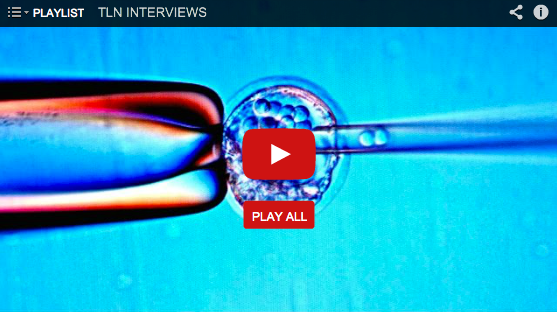What are autoimmune diseases?
Autoimmune diseases are conditions in which the patient’s immune system generates cellular and antibody responses to substances and tissues normally present in the body. This might be restricted to one organ or involve a particular tissue in different places. As a result of this immune response, damage to different organs occurs. Examples of autoimmune diseases that have responded to stem cell therapy either in animals or humans include rheumatoid arthritis, multiple sclerosis, and lupus.How can stem cells help treat autoimmune diseases?
Currently, autoimmune conditions are treated with immune suppressive agents such as steroids, methothrexate, cyclosporine, gold, and more recently infliximab (Remicade). Despite inducing temporary improvement, these approaches possess the possibility of long-term adverse effects, as well as need for life-long treatment.
Stem cell therapy has been demonstrated to induce profound healing activity in animals with various forms of autoimmune disorders. Besides healing damaged tissues, stem cells have the unique ability to modulate the immune system so as to shut off pathological responses while preserving its ability to fight off disease. Stem cells and specifically, mesenchymal stem cells home to inflamed tissue and start producing anti-inflammatory agents. These mediators act locally and do not suppress the immune response of the patient’s whole body. Additionally, mesenchymal stem cells induce the production of T regulatory cells, a type of immune cell whose function is to protect the body against immunological self-attack.
Which kinds of stem cells are used and how are they obtained?
We use adult stem cells called allogeneic mesenchymal stem cells. We harvest them from human umbilical cords donated after normal, healthy births. All donating mothers are tested for infectious diseases and have their medical histories screened. We obtain proper consent from each family prior to umbilical cord donation.
All mesenchymal stem cells harvested from umbilical cords are screened for infectious diseases to International Blood Bank Standards before they are approved for use in treatments.
A small number of umbilical cords (about 1 in 10) pass our rigorous screening process.
What are the advantages of treating with allogeneic human umbilical cord tissue (HUCT)-derived mesenchymal stem cells?
- Anyone can be treated since HUCT mesenchymal stem cells are immune system privileged. Human Leukocyte Antigen (HLA) matching is not necessary.
- Allogeneic stem cells can be administered multiple times over the course of days in uniform dosages that contain high cell counts.
- Umbilical cord tissue provides an abundant supply of mesenchymal stem cells.
- No need to collect stem cells through invasive procedures such as liposuction or bone marrow collection
- There is a growing body of evidence showing that mesenchymal stem cells from umbilical cords are more robust than mesenchymal stem cells from other sources such as fat.
The body’s immune system is unable to recognize human umbilical cord tissue (HUCT)-derived mesenchmyal stem cells as foreign and therefore they are not rejected. HUCT stem cells have been administered thousands of times at the Stem Cell Institute and there has never been a single instance rejection (graft vs. host disease). Umbilical cord-derived mesenchymal stem cells also proliferate/differentiate more efficiently than “older” cells, such as those found in the fat and therefore, they are considered to be more “potent”.
Watch Professor Arnold Caplan from Case Western Reserve University explain how this works.
How are the stem cells administered?
The HUCT-derived stem cells are typically administered intravenously by a licensed physician over the course of a few days.
Stem Cell Therapy for Autoimmune Diseases
Below is an example of a typical 4-day treatment protocol:
- Medical evaluation and blood testing (day 1)
- 2 intravenous (IV) injections of human umbilical cord tissue-derived mesenchymal stem cells (day 2)
- 1 IV injection of HUCT mesenchymal stem cells (day 3)
- 1 IV injection of HUCT mesenchymal stem cells (day 4)
- Medical consult for hormone evaluation
- 1-month supply of Stem Kine supplement (only after medical evaluation in Panama)
Will anyone follow up with me after I return home?
Regular follow-up helps us evaluate treatment efficacy and improve our treatment protocols based on observed outcomes. Therefore, one of our medical staff will contact you regularly to monitor your progress after you return home. You will be contacted after 1 month, 3 months, 4 months, and 1 year.
May I speak with treated patients?
Yes, you may. Your patient coordinator will be happy to put you in touch with them at the appropriate time after treatment approval.
You may also view autoimmune patient videos, stories and news. Please take a look!
How can I contact the Stem Cell Institute?
You may contact us by telephone 1 (800) 980-STEM (toll-free in US) and 1 (954) 358-3382.
Apply for treatment today
To apply for stem cell treatment, please complete this Patient Application Form.


